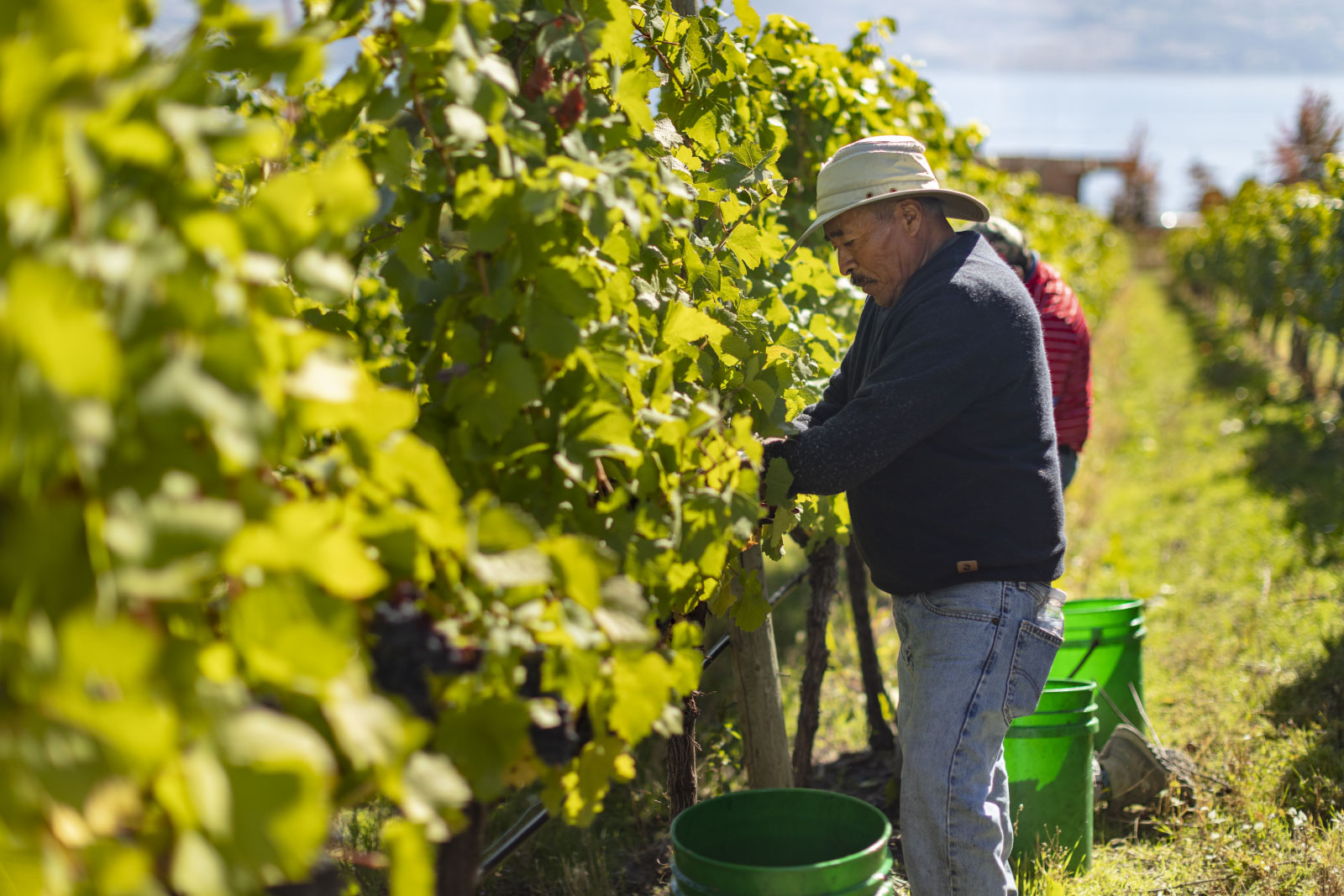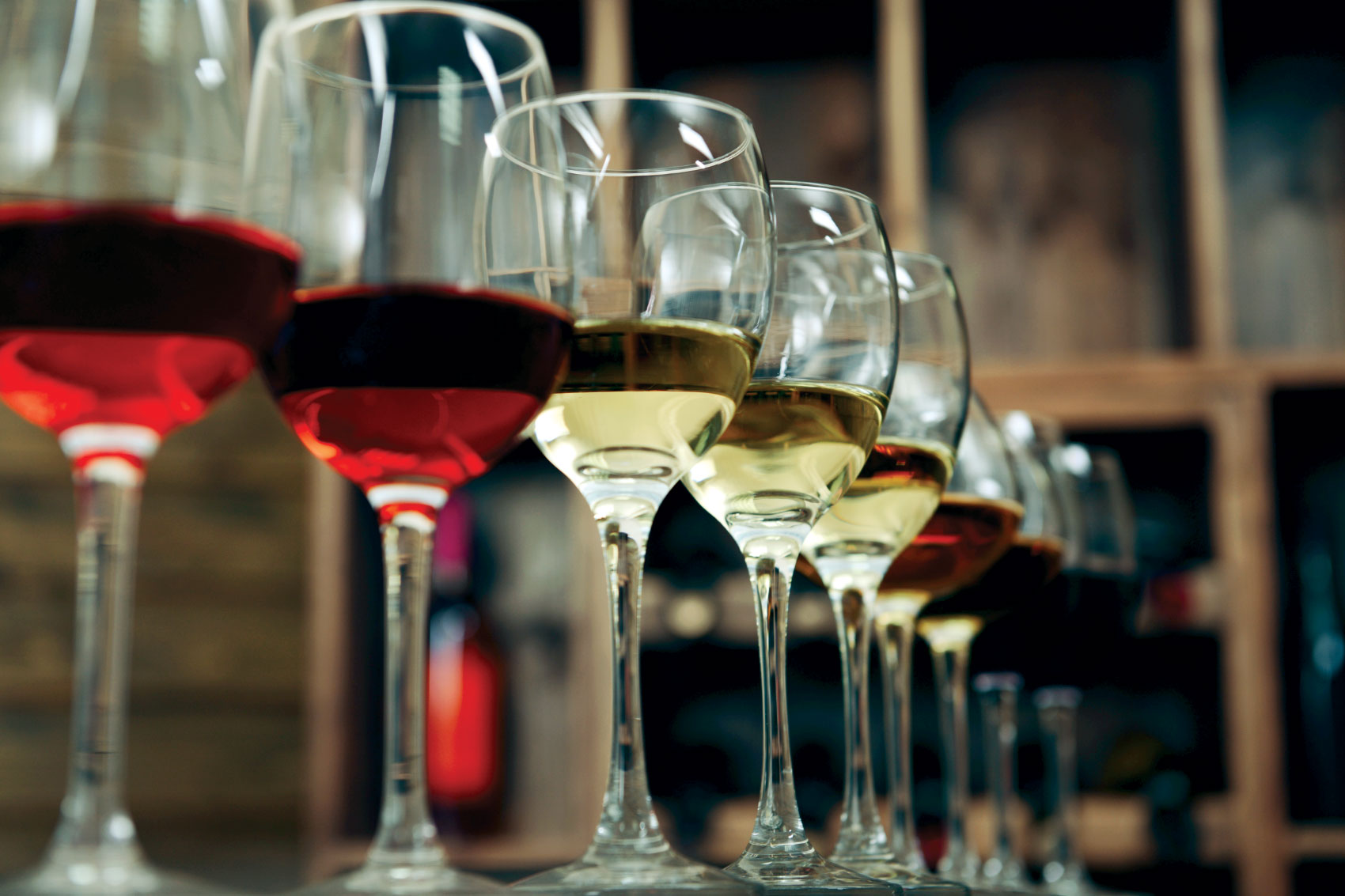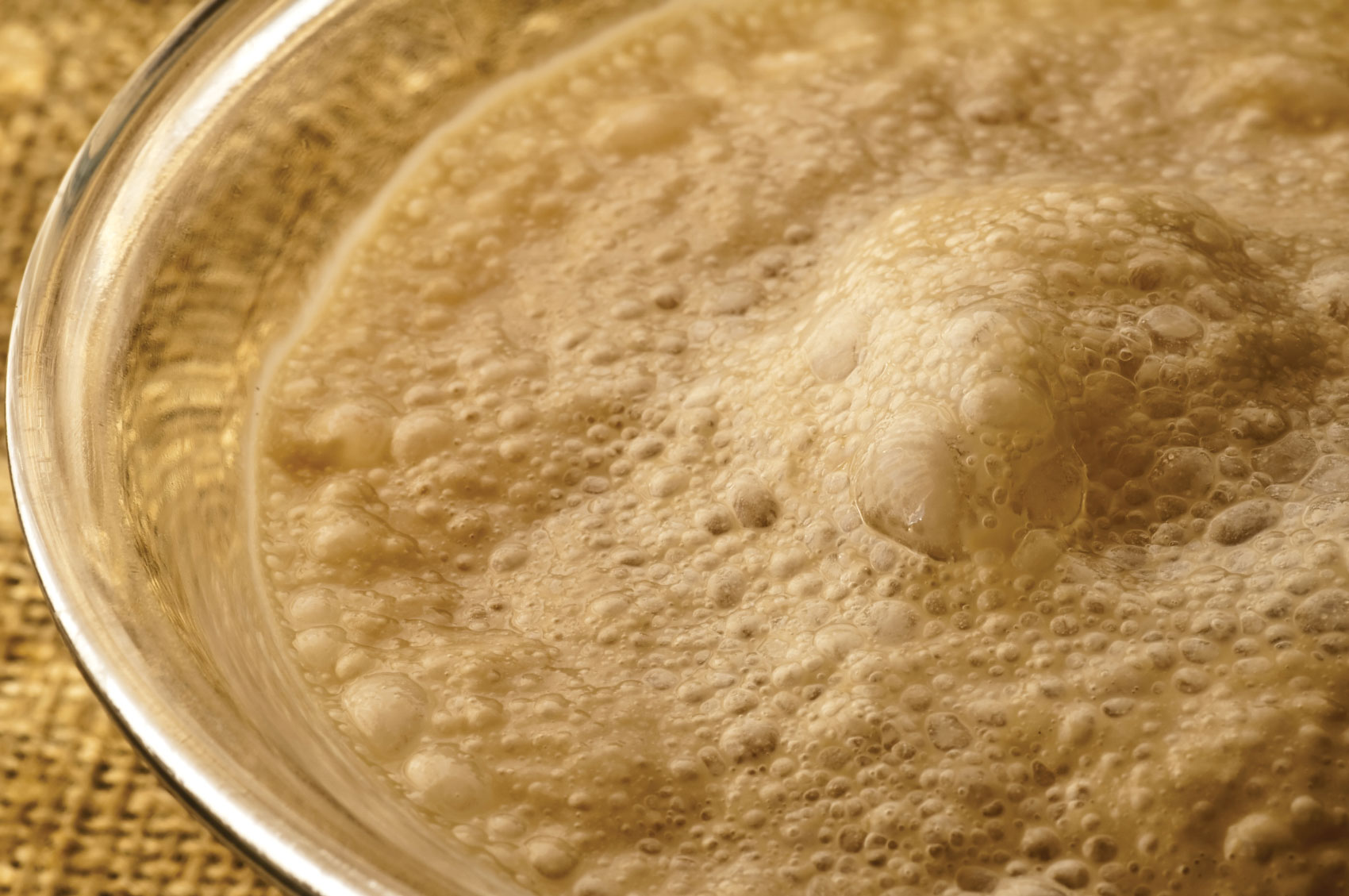The British Columbia Wine Grape Council has developed a certification program called Sustainable Winegrowing British Columbia (SWBC) that highlights the integrity and credibility of the province’s wine industry, and increases competitiveness with other winegrowing regions around the world. By incorporating the United Nations Sustainable Development Goals, the SWBC voluntary program links individual businesses and the community to a global movement through a series of self-assessment tools and resources.
The SWBC certification helps Earth-friendly, socially responsible and economically viable vineyards and wineries take stock of and improve their sustainability efforts. A full-time manager runs the program along with a volunteer industry committee to oversee operations.
We look at everything that will enable the business to take care of itself, its people and all that’s around it.
Ruth King, Sustainable Winegrowing British Columbia
“The certification program is all-encompassing and holistic in approach,” said Ruth King, SWBC’s program manager. “In 2019 we updated the standards to an outcomes and improvement-based format that incorporates the seven chapters for wineries: Sustainable Foundation, Water Efficiency, Energy Efficiency, Waste Management, Climate Action, Social Equity and Eco-efficient Infrastructure, as well as the six chapters for vineyards: Sustainable Foundation, Watershed Management, Soil Management, Integrated Pest Management, Irrigation Optimization and Social Equity. We look at everything that will enable the business to take care of itself, its people and all that’s around it. Recently, we relaunched our website and created a custom assessment tool for easier identification of steps to take toward certification.”
Ongoing certification process
The first step towards achieving the sustainable winegrowing certification is completing the free assessment tool on the SWBC website and finding the areas of a winery that could be improved. SWBC provides several tools, templates and guidance materials to help with the entire process such as the Electricity Consumption Tracker and Soil Sample Guidance.
When ready, the next step is to contact the office to organize a site visit by a third-party auditor who will look through the documentation, walk around the site and discuss the operation in detail. “If anything needs to be corrected or looked at, we give them the opportunity to do that,” said King. “Then, once everything is organized, we determine if they can be certified.”
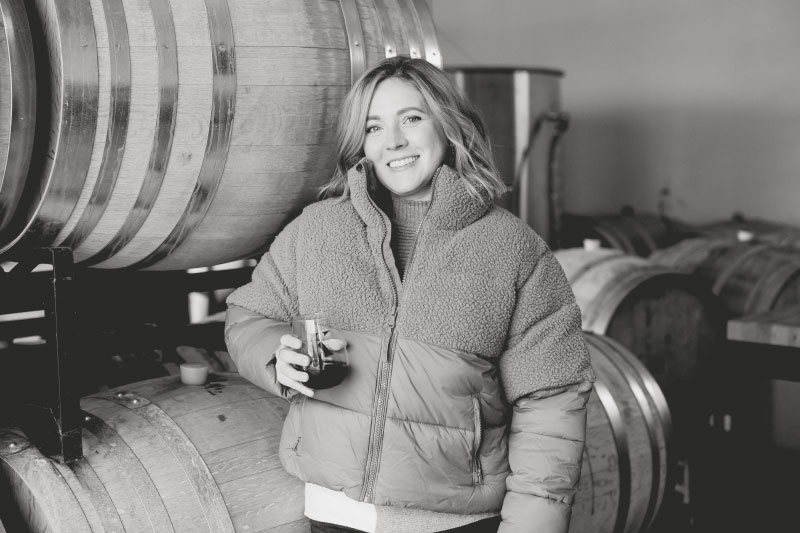
There are two types of criteria in the SWBC Sustainable Vineyards Standard and the SWBC Sustainable Wineries Standard: essential and continuous improvement. Essential criteria cover the highest-priority and highest-risk environmental, social and labour issues evaluated during the first certification audit and are checked during every following certification audit. Continuous improvement criteria require a gradual increase in commitment towards sustainability and best practices through a three-year certification audit.
What sustainability certification means
“Being certified allows access to the SWBC logo, but this involves a certain level of integrity,” said King. “If the logo is on a bottle, there can’t be only one of that brand’s vineyards certified while the rest are not. Fifty per cent or more of the grapes used to produce that wine must be sourced from SWBC certified vineyards.
“Surveys and research have shown that consumers will select a sustainable product if certification is obvious and easy to find. That certification should be all over the business website and part of every visit to the tasting room.”
This certification reflects our commitment to reducing our environmental impact, conserving natural resources and promoting the well-being of our employees and the surrounding community.
Tony Stewart, Quails’ Gate Estate Winery
Sustainability integrates protection of the environment, profitability and social values as SWBC members strive to protect and preserve the land, soil, water, plants and animals that support their businesses. Identifying areas for improvement brings more efficiency and organization, while good practices cut costs and reduce environmental impact. The most recent winery member of SWBC is Quails’ Gate Estate Winery in West Kelowna, achieving certification just before Earth Day in April.
“Our viticulturist and vineyard managers worked with SWBC from spring 2021 to the end of the year to receive the Recommendation for Certification. We then formed a team to review all the criteria and assess if we were ready to apply for certification, taking action along the way to make improvements if needed. We then formed a committee to do the same for the winery,” said Tony Stewart, owner of Quails’ Gate Estate Winery.
“The detailed guidance provided by SWBC as we worked through the program was extremely useful. This continued through the audit process, and we are grateful for the community support in working together in achieving the program goals. This certification reflects our commitment to reducing our environmental impact, conserving natural resources and promoting the well-being of our employees and the surrounding community.”
Thinking ahead to a sustainable future
“In the last couple of years, it’s been made clear the Canadian wine grape industry is fragile and vulnerable,” said King. “The industry needs tools that allow businesses and farms to pivot to be profitable and make the next year better. If they are incorporating sustainable practices in every aspect of the business, they will be resilient through more challenging years.
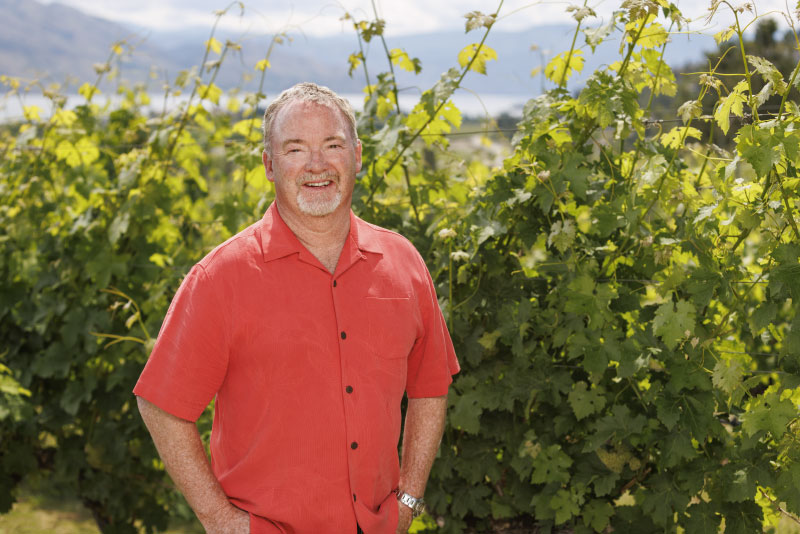
“I want to shine a light on the members of SWBC who have done so much work to get to where they are today. To date we have six wineries and 21 vineyards certified with several audits scheduled. They are doing continual improvement assessments on their own and reaching for new milestones. Several biosphere-committed businesses are working toward certification with SWBC before April 2024 to take advantage of the collaborative promotion. It’s a fundamental shift in thinking in everything we do and it’s a necessary one for our industry to thrive going forward.”
Sustainability certification is not a destination, but a path of continuous improvement. As stated on the SWBC website, “We want to pass a meaningful legacy to future generations while being economically viable today.”

